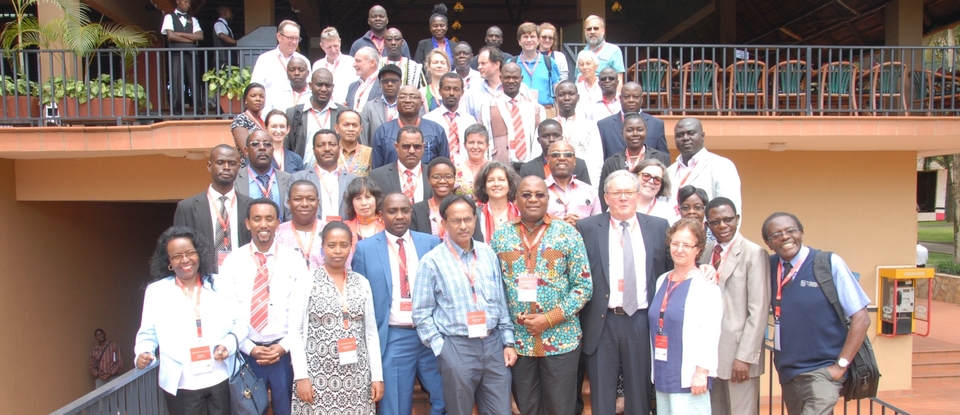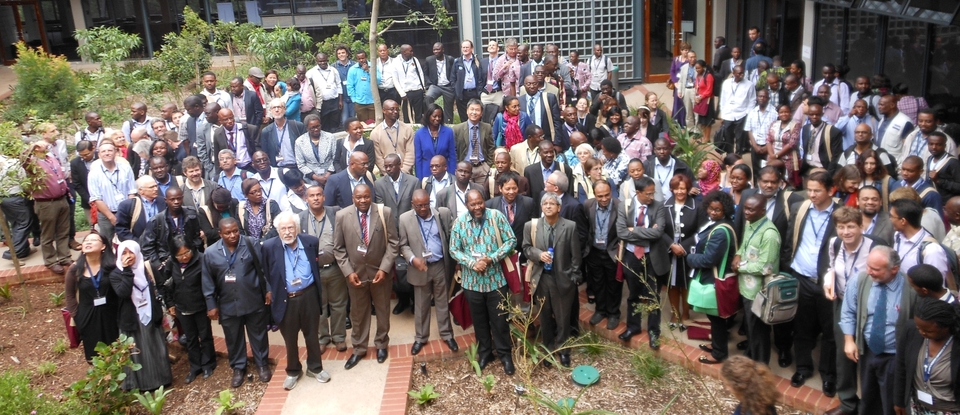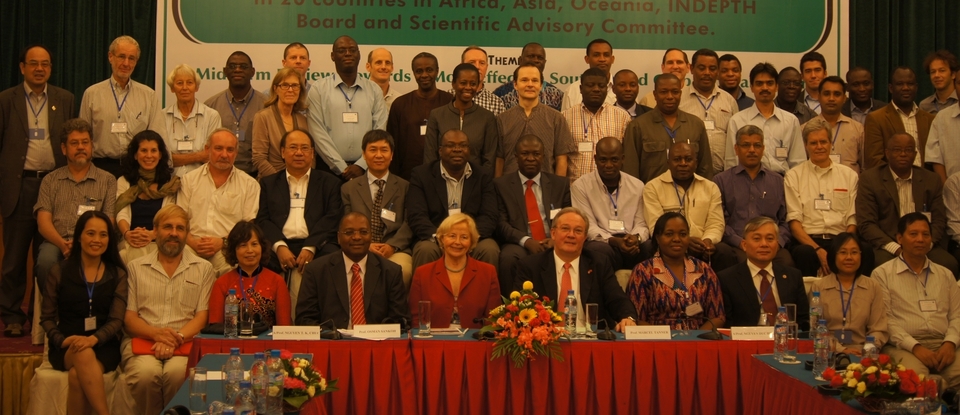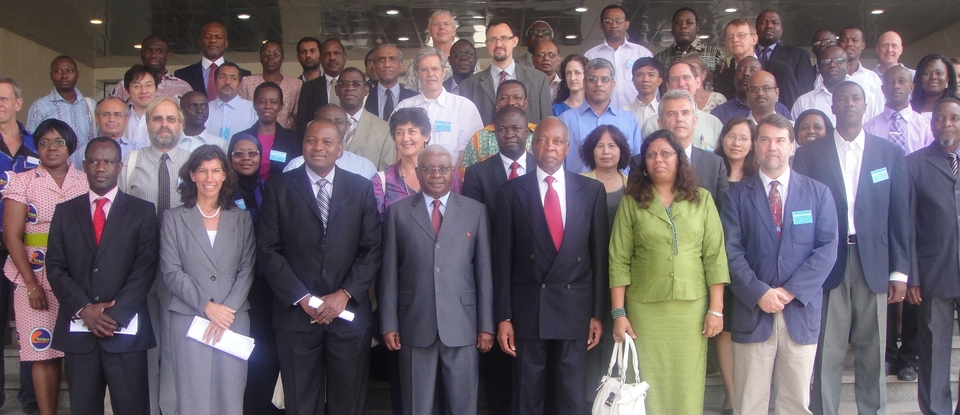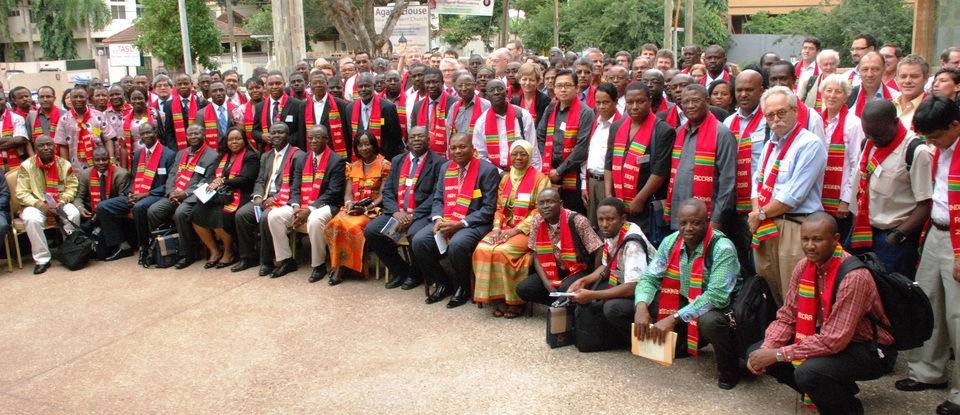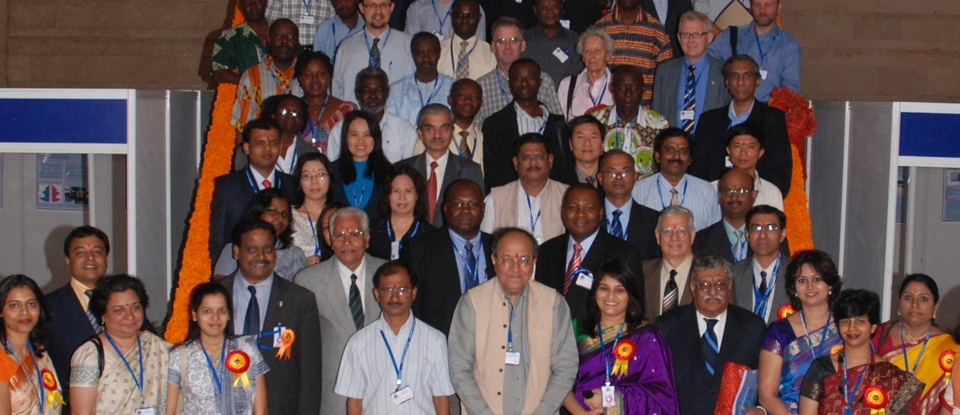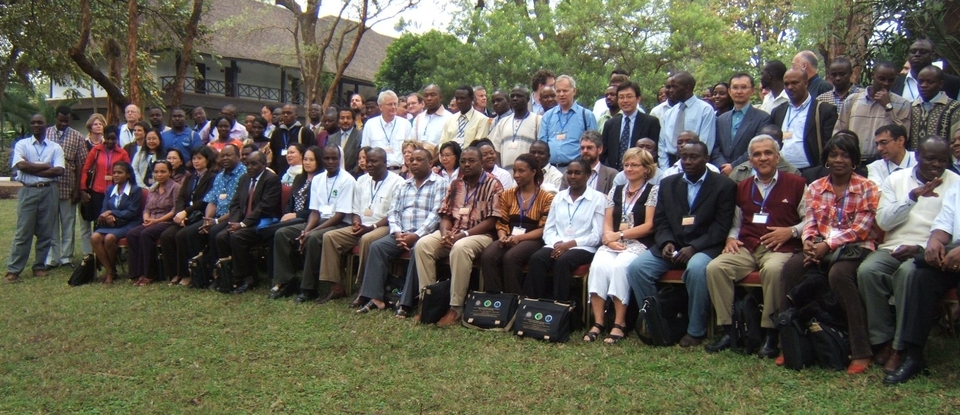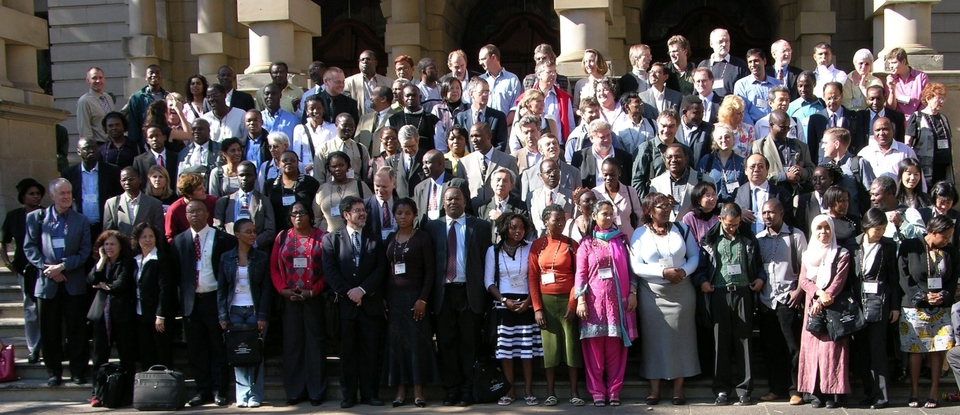Theme: INDEPTH and the SDGs: Transforming Global Measurements
INDEPTH is 20 years old, so we will be commemorating INDEPTH@20!
This is the international scientific forum of the Network for its members and partners to share their experiences and key research findings and proposed research using primarily data from Health and Demographic Surveillance Systems (HDSSs) and the new Comprehensive Health and Epidemiological Surveillance System (CHESS).
Scientific papers will be presented in oral, poster and panel sessions.
-
Background
Scientific sessions of ISC 2018 / INDEPTH@20 presents opportunity for strategic discussions on how the INDEPTH platform has been contributing and can continue to contribute to sustainable development goals (SDGs) and other global concerns such as non-communicable diseases (NCDs), health system reform, civil registration and vital statistics (CRVS), climate change and health, mental health, genomic studies, etc.
More details on the expectation of the papers to be presented in celebrating INDEPTH@20 can be found in the new INDEPTH Strategic Plan 2017-2021 which is summarized in a publication the Lancet Global Health (2017), “to engage with many Sustainable Development Goals (SDGs), including those related to poverty, gender equality, and hunger. INDEPTH's renewed strategy commits to tracking SDGs by mapping and publishing baseline metrics for each target and regularly publicising progress. These findings are particularly important for the third health goal: ‘ensuring healthy lives and promoting the well-being for all at all ages’. Without reliable data, it will be impossible to assess countries' progress towards the goals and to design and adjust policies and programmes to ensure progress. INDEPTH's HDSSs are often the most reliable source of community-level demographic and health data in the countries and communities in which they work since they are often located in hard-to-reach rural and urban areas.”
Many health interventions used routinely across the world were first trialled using HDSS platforms.
HDSSs provide the engineering that can be applied in generating valid indicators. In the low- and middle-income countries that are the primary focus of the SDGs, data collection is uneven, with many lacking the necessary financial or human resources.
For the specific locations within which they operate, HDSS/CHESS data will be important for assessing progress against a number of the SDGs, and in particular the third goal of “ensuring healthy lives and promoting well-being for people of all ages.” This goal contains 9 targets, with each target supported by indicators of progress. A list of the targets and some example of how INDEPTH members already produce extensive data on each of them. These will form the sessions.
-
Target 1
By 2030, reduce the global maternal mortality ratio to less than 70 per 100,000 live births. Indicators: i) Maternal mortality ratio ii) Proportion of births attended by skilled health personnel. Papers could cover the issues: INDEPTH sites collect cause of death data over time, including deaths during childbirth. They also track the proportion of births assisted by skilled birth attendants. The network’s Working Group on Maternal and Newborn Health brings together scientists from across the network of HDSSs to study the epidemiology of maternal, newborn, infant and child health and the impact on it of health interventions -
Target 2
By 2030, end preventable deaths of newborns and children under 5 years of age, with all countries aiming to reduce neonatal mortality to at least as low as 12 per 1,000 live births and under5 mortality to at least as low as 25 per 1,000 live births. Indicators: i) Under-5 mortality rate ii) Neonatal mortality rate Papers could cover the issues: All INDEPTH member sites track pregnancies, newborn births and deaths, and infant and under-5 morbidity and mortality on a longitudinal basis. They have amassed enormous databases on trends in and determinants of infant and child mortality in developing countries. -
Target 3
By 2030, end the epidemics of AIDS, tuberculosis, malaria and neglected tropical diseases and combat hepatitis, water-borne diseases and other communicable diseases. Indicators: i) Number of new HIV infections per 1,000 uninfected population, by age, sex and key populations ii) Tuberculosis incidence per 1,000 population iii) Malaria incidence per 1,000 population iv) Hepatitis B incidence per 100,000 population v) Number of people requiring interventions against neglected tropical diseases. Papers could cover the issues: INDEPTH sites gather longitudinal morbidity and mortality data on a wide range of communicable diseases including all those in Target 3. They also test a range of interventions to control them – for example conducting drug trials in Mozambique which showed that chloroquine was no longer effective for treating malaria, and showing in a rural South African community how antiretroviral therapy for HIV/AIDS extended adult life expectancy by more than 11 years. -
Target 4
By 2030, reduce by one third premature mortality from noncommunicable diseases through prevention and treatment and promote mental health and wellbeing. Indicators: i) Mortality rate attributed to cardiovascular disease, cancer, diabetes or chronic respiratory disease ii) Suicide mortality rate. Papers could examine the issues: INDEPTH member sites track noncommunicable disease mortality and 3 morbidity via verbal autopsy data. A multi-site study of more than 80,000 deaths over fifteen years in African and Asian demographic surveillance areas found that NCDs accounted for 36% of deaths. Another multi-site study is gathering baseline data on the prevalence of and risk factors for communicable diseases in Sub-Saharan Africa, including obesity, hypertension, diabetes and chronic kidney diseases. INDEPTH’s Adult Health and Aging Working Group, meanwhile, monitors the evolution of noncommunicable diseases in Africa as the continent undergoes the health transition. -
Target 5
Strengthen the prevention and treatment of substance abuse, including narcotic drug abuse and harmful use of alcohol. Indicators: i) Coverage of treatment interventions for substance use disorders ii) Harmful use of alcohol rates. Papers could examine these issues: HDSS verbal autopsy data are a rare and valuable source of information on deaths caused by substance abuse in low- and middleincome countries and are helping to strengthen burden of disease data in Africa and Asia. INDEPTH is also conducting a multi-site five-year project on adolescent health, including intervention studies to assess the effect on reducing addictive behaviours of marketing campaigns, conditional cash transfers and training of health workers. -
Target 6
By 2020, halve the number of global deaths and injuries from road traffic accidents. Indicator: i) Death rate due to road traffic injuries Papers could analyse the issues: INDEPTH sites’ verbal autopsy data monitors morbidity and mortality due to road traffic accidents – a rare example of reliable road accident data in lowand middle-income countries -
Target 7
By 2030, ensure universal access to sexual and reproductive healthcare services, including for family planning, information and education, and the integration of reproductive health into national strategies and programmes. Indicators: i) Proportion of women of reproductive age who have their need for family planning satisfied by modern methods ii) Adolescent birth rate (aged 10-14 years; aged 15- 19 years) per 1,000 women in that age group Papers could cover the issues: INDEPTH’s Working Group on Fertility and Family Planning is examining data on access to reproductive health services collected across the network. It looks at trends in and determinants of the uptake of such services, focusing on adolescent females in Africa. As an institutional partner on the Population Council’s EVIDENCE project, moreover, INDEPTH is working to use data strategically to expand access to reproductive health services worldwide. -
Target 8
Achieve universal health coverage, including financial risk protection, access to quality essential health-care services and access to safe, effective, quality and affordable essential medicines and vaccines for all. Indicators: i) Coverage of essential health services ii) Number of people covered by health insurance or a public health system per 1,000 people i) Coverage of essential health services ii) Number of people covered by health insurance or a public health system per 1,000 people. Papers could analyse: HDSS sites monitor communities’ access to and uptake of essential health services, while also conducting numerous studies into vaccine effectiveness. The oral cholera vaccine tested at Matlab HDSS in Bangladesh, for example, is now recommended by the World Health Organisation. The INDEPTH Effectiveness and Safety Studies of Antimalarials in Africa are producing the largest available database on antimalarial drug impact. -
Target 9
By 2030, substantially reduce the number of deaths and illnesses from hazardous chemicals and air, water and soil pollution and contamination. Indicators: i) Mortality rate attributed to household and ambient air pollution ii) Mortality rate attributed to unsafe water, unsafe sanitation 4 and lack of hygiene iii) Mortality rate attributed to unintentional poisoning. Papers could discuss: INDEPTH’s longitudinal data monitors the impacts of environmental change on health and migration. The network’s Working Group on Environment and Health tests interventions to mitigate and adapt to climate change in SubSaharan Africa -
Target 10
Papers could present innovative solutions to improving data quality, standardisation - measurement and data challenges, reliable statistical methods for HDSSs data analysis, including spatial modeling, transition and event history analyses, etc.
- 1

